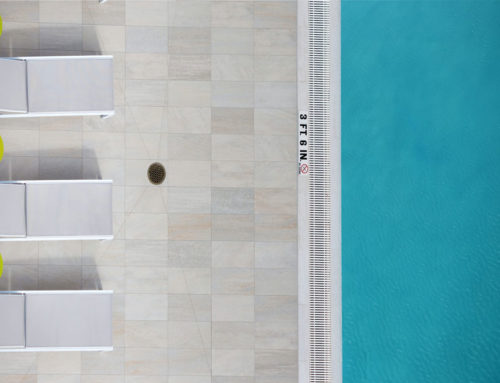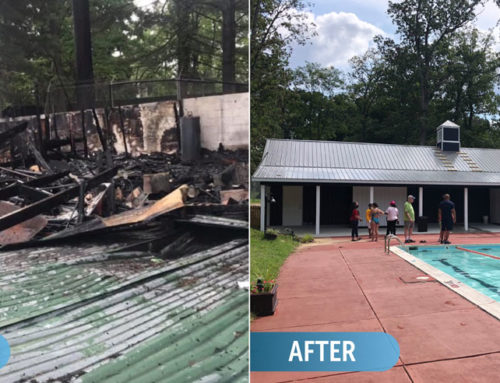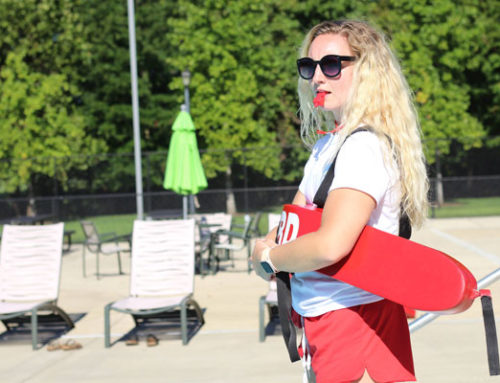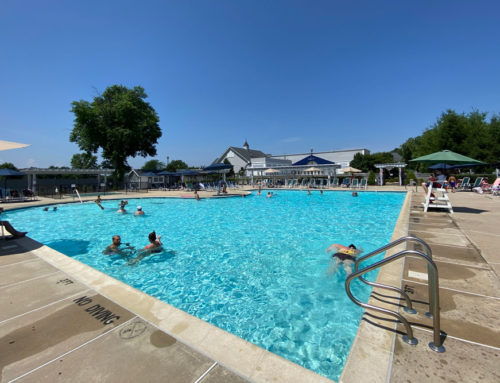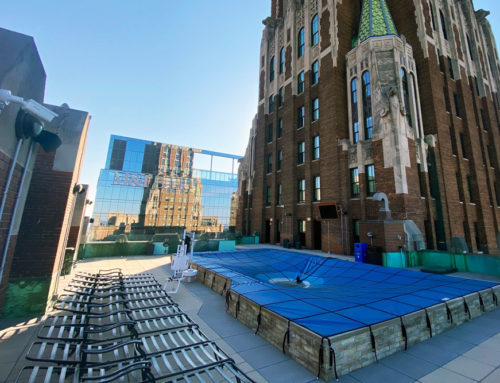
“The harder the winter, the harder the spring.” That adage holds true for reopening your pool, especially if you live someplace with hard winters, or closed your pool without a thorough winterization. Fresh challenges are emerging as communities that never opened in 2020, due to the pandemic, are facing two seasons of repair work now.
Let’s face it: No one wants to miss the Memorial Day Weekend holiday to open their pool. Expectations among residents and members are high as the days get longer and the weather improves. Everyone longs to enjoy the outdoors poolside again. If your community has made a decision to open the gates in 2021 or if you’re still on the fence, read on for some solid tips and perspective on what it takes to open your pool successfully this season.
Embrace Technology
A lot of us earned a big awakening once we brought more of our processes into the digital world. We learned a lot of meetings could be medium-length emails, and Zoom meetings are a good substitute in a pinch.
The friendly neighborhood pool was certainly no exception. But now that we know how much technology can help us in the office, we’re also convinced that it helps us “in the swim.”
Restrictions, regulations, and precautions presented opportunities for new solutions to emerge for safer and more efficient operations. Many solutions will outlive the pandemic and continue to benefit our communities for years to come.
With many states requiring capacity management and attendance records, we saw the need for better management of amenity reservations and passes. We recently launched our new pool reservation app that supports safer operations while improving resident experiences. We’re really excited about what it can do to make your job easier in pool management and operations. But streamlining and digitizing your pool’s scheduling and check-ins is only a fraction of the equation.
The days of working smarter are here to stay.
Take our Aquatics Vision offering, for example. It’s a program that combines the benefits of working smart and hard. Aquatics Vision automates your commercial swimming pool, but also combines that with a 24/7 monitoring service. Who knows — it might be the biggest thing to happen to commercial pools since concrete.
COVID-19 Safety & Compliance Considerations
Each community should examine the feasibility of operating during the pandemic. Putting together a written plan that addresses all requirements and precautions is a good first step in this process.
Work with your pool professionals, management and counsel to assure that you’ve covered all the bases and are prepared to move forward and open the pool gates. Every plan should address the management of:
If you decide not to open the pool for use again in 2021, you should still prepare and maintain your pool to protect it from damage. This is the best way to ensure the pool is ready for you when you’re ready to get back in the swim.
Traditional Preparations
Once you’ve decided that opening your pool is the right path for your community, you still have to contend with all the normal steps in pool preparation. If you’re reading this in the middle of spring, then now’s the time to gear up for peak pool season. Consider this your handy checklist to get set up for an early summer. Trust us — your guests will thank you when the pool opens on schedule.
Inspect the deck
Remove all the debris (leaves, branches, trash of all sorts, etc.) around the pool deck. Take a look around the pool and make sure there are no cracks or chips. If you live in an area with hard winters (or if you just had one), look for any snow or ice damage.
If you already see anything that looks broken or not quite right, take care of these to-do items sooner rather than later.
Checking the water, draining, and/or cleaning
If you live in a colder area and used a pool cover to winterize, kudos to you! Go ahead and pull it off and assess the water situation. Even with a cover, there will probably be some debris, and that’s OK.
Right now, the most important thing is ensuring the pool is brushed, skimmed, and vacuumed. If the pool appears in good condition (isn’t cracked or faded), you might not have to fully drain the pool, but consult your experts first!
Inspect and ready pool equipment
Once your pool and water are ready, you can shift your attention toward the mechanical equipment to start pumping the pool and filtering the water. Not only do we get your equipment up and running, our pool service technicians will also:
- Inspect each component
- Repair any malfunctions
- Replace worn or outdated parts
- Wash and maintain the filtration system
Test and balance the water
This is when the chemistry starts. Get a base test of your water quality, then adjust as needed. If you’ve kept the pool closed for winter, you will probably need to shock the pool first.
In case you forgot, here’s a quick refresher of your optimal water chemistry levels. Adjust these levels one at a time:
- Total alkalinity: 80–120 parts per million (ppm)
- pH: 7.2–7.8
- Calcium hardness: 180–220 ppm
- Chlorine: 1–3 ppm
- Cyanuric acid: 30–50 ppm
Pro Tip: Make sure you’re stocked up for the season! We can order, deliver, and maintain your commercial pool’s chemical supplies for you.
Health and electrical inspections
Depending on your state, your pool will likely need to be inspected to ensure its water and electronic components are safe for the public. Most states require their own governmental inspections to ensure your facilities are up to building code. You can find your state and/or county’s requirements here.
Hire lifeguards
So we’ve gone through water quality, mechanical maintenance … what else is missing? Remember, safety first! Our lifeguards are certified in CPR, AED operation, and First Aid administration. Whether your commercial pool is big or small, our lifeguards are trained with your facilities specifically in mind.
Know someone who’d make a great guard? Send them our way. Applying with us is easy at guardforlife.com!
Turn on the heater
Fire up the heater for a test run a few weeks before opening. You can turn it off after some observation, but this way any issues can be identified while there’s still some time to address them before opening. If you operate on propane, don’t forget to have the tank filled ahead of opening.
Pool heaters may take several days to heat the pool, so be sure to turn this on once you’re nearing opening day.
Opening a commercial pool on your own is a lot of hard work. It’s also a lot like getting an oil change; even if you could do it by yourself, a professional could help you identify even more underlying issues.

